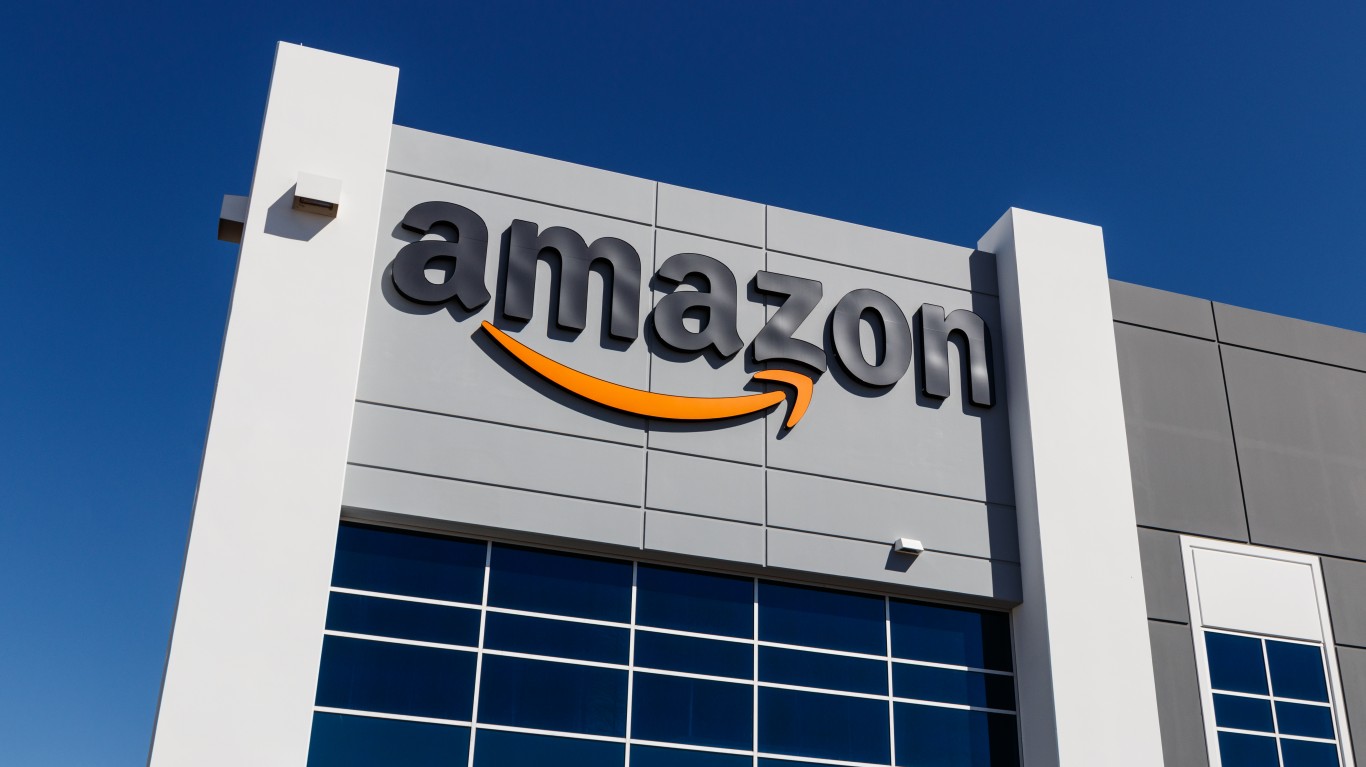Older Americans, in many cases, have lost their tolerance for financial risk and they want to protect the size of the nest eggs they have put aside for retirement. That makes it unlikely they will gamble on Groupon Inc. (NASDAQ: GRPN) or Twitter Inc. (NYSE: TWTR). However, many of American’s elderly investors would like to do better in terms of yield than what they get from savings accounts or municipal bonds. Some stocks have rock solid, albeit slowly growing, businesses, as well as vault-like balance sheets, multi-decade track records of profits and strong dividend yields.
Several of these are among the top 20 U.S. companies in market capitalization and trade into the tens of millions of shares a day, which makes them liquid. These include Verizon Communications Inc. (NYSE: VZ), with a market cap of $210 billion, revenue of $127 billion, net income of $11.4 billion and a dividend yield of 4.8%. The case against Verizon is that its ancient landline business is dying and its cellular business may be under siege. However, based on the size of its cellular network, it would take years for its market share to be eroded, and it has the muscle to make it larger, as rivals like T-Mobile US Inc. (NYSE: TMUS) and Sprint Corp. (NYSE: S) fret about their balance sheets and marketing budgets.
ALSO READ: How to Protect Yourself From a Summer Stock Market Correction
Coca-Cola Co. (NYSE: KO), one of America’s oldest companies, will be able to ride the global demand for sugary drinks for decades into the future. Coke as a market cap of $193 billion. Its management has had the sense to diversify into water and energy drink businesses. While skeptics make the argument that the sugary drink market share will surrender to bottled water, the proof of that is thin. Coke had revenue of last year of $46 billion and net income of $7.9 billion. Coke’s yield is 3.3%
Another of America’s oldest companies, Johnson & Johnson (NYSE: JNJ), has a market cap of $305 billion. Last year, its revenue was $46 billion, with net income of $7.9 billion. Its yield is 3.3%. One of its claims to stability of earnings is that it has several successful businesses, which makes it a multi-legged stool in terms of earnings protection. The company makes consumer products such as Band-Aid and Listerine, medical products for joint reconstruction and heart disease, and medicine for heart problems and infection.
Among the stocks of large cap companies that might seem attractive to the elderly are banks such as JPMorgan Chase & Co. (NYSE: JPM). The last financial crisis demonstrated their vulnerabilities. Other attractive large caps include McDonald’s Corp. (NYSE: MCD) and Wal-Mart Stores Inc. (NYSE: WMT), which have been victims of changing tastes and growing armies of competition.
Stick with the companies with strong balance sheets and long-term earning capacity, as well as those in sectors where new competition is hard to create.
ALSO READ: 10 Stocks to Own for the Next Decade
Get Ready To Retire (Sponsored)
Start by taking a quick retirement quiz from SmartAsset that will match you with up to 3 financial advisors that serve your area and beyond in 5 minutes, or less.
Each advisor has been vetted by SmartAsset and is held to a fiduciary standard to act in your best interests.
Here’s how it works:
1. Answer SmartAsset advisor match quiz
2. Review your pre-screened matches at your leisure. Check out the advisors’ profiles.
3. Speak with advisors at no cost to you. Have an introductory call on the phone or introduction in person and choose whom to work with in the future
Thank you for reading! Have some feedback for us?
Contact the 24/7 Wall St. editorial team.





